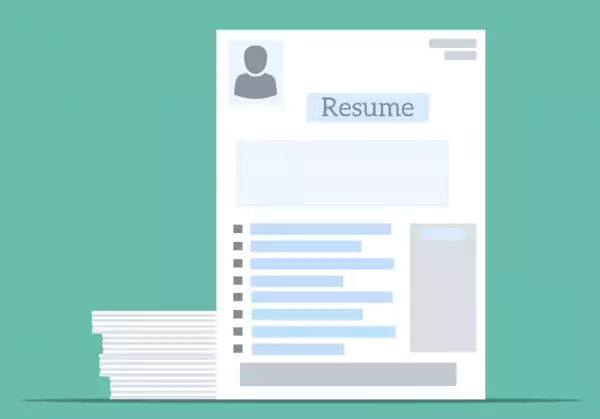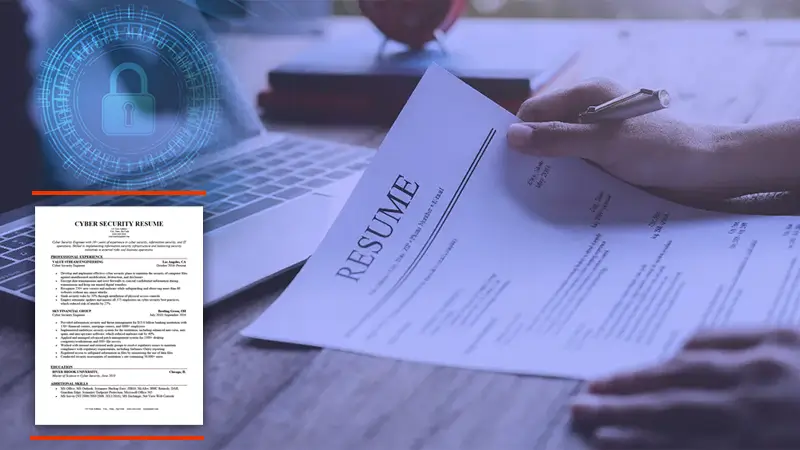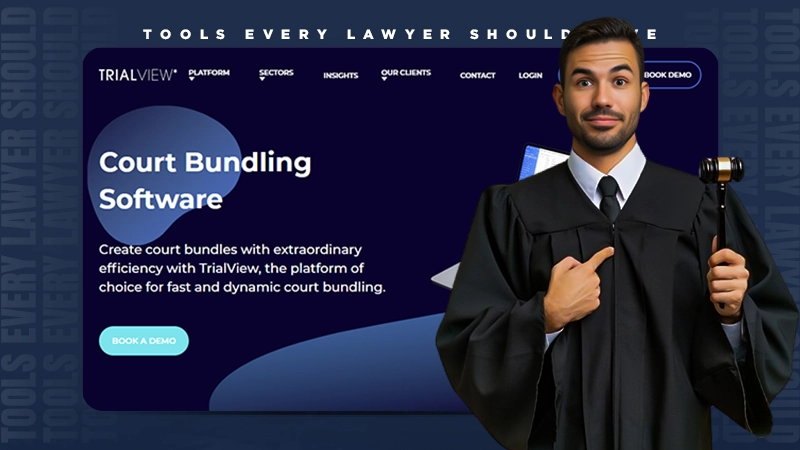Composing a strong tech resume takes time, effort, and knowledge of resume writing rules. Moreover, you need to understand what skills and qualifications matter to IT recruiters and focus on them exactly.
A successful resume should emphasize your knowledge of hard skills and technologies, as well as your ability to cooperate with other teams and solve business challenges. We will provide you with tips for writing an impactful resume that will help you land a new job in IT.
How to Build a Powerful IT Resume?

Would you like to land a new job faster? Busy IT professionals these days turn to information technology resume writing services, for example, https://resumeperk.com/tech.
Professional writers can target your resume for a specific job opening, helping you pass the ATS and thus increasing your chances for an interview. The writer will also focus on your IT-related accomplishments and skills to portray you as a perfect fit for the role.
A flawless resume is clear, effective, and polished. The following tips will help you create the ideal IT resume:
Keep the Resume to 2-3 Pages
Recruiters can receive hundreds of resumes in response to a job posting, so they are pressed for time. Ideally, your IT resume should be up to 2 pages if you’re an entry-level specialist and no longer than 3 pages in case you’re a senior-level professional or CTO.
If your job and project descriptions take up several pages, remove any old or dated jobs, cross out any irrelevant skills, and delete any job descriptions that are not directly related to your target position.
Include a Career Summary
Recruiters pay the most attention to the top of the resume. Use a ‘Summary of Qualifications’ section to sell your biggest strengths and accomplishments. Choose 2-3 professional highlights that best illustrate your unique value proposition and mention them.
Try to keep your summary section to no more than three to four pages. Use this section to introduce yourself and encourage the employer to read the rest of the document, so include the most engaging facts from your career history.
Keep Job Descriptions to 6-7 Bullets
Sometimes IT professionals want to describe their background in detail and write lengthy job descriptions that are hard to read. Keep them brief; 6-7 points per role is sufficient.
Remove the secondary details or job responsibilities typical for your profession. Focus on experiences where you stand out. Also, remember that your resume might be read by non-technical recruiters, so make sure that your responsibilities are written in plain English and that everyone can understand what your job entails.
Focus on Achievements Over Job Duties
Employers expect to see the results of your work and accomplishments in the first place. Based on your achievements, they evaluate your potential and readiness to exceed expectations. So, include at least one professional achievement for each role.
Examples of achievements are: improving app performance, debugging software, reducing costs, training interns, or delivering the project under budget. Illustrate your achievements with figures and percentages whenever possible.
Include Relevant Skills
Include a separate skills section under the career summary. The skills section is helpful because it lets the hiring manager evaluate your skill set at a glance and helps pass the ATS. If you have many hard skills, consider breaking them into categories (Programming languages, Software, Operating systems, Foreign languages, etc.). Here are some good examples of skills for a tech resume:
| Programming languages & frameworks | · JavaScript · HTML/CSS · Python · PHP · Angular · React |
| Operating systems | ·Windows 8, 10, Vista ·Ubuntu ·macOS |
| Cloud computing | ·AWS cloud practitioner ·Google Cloud ·Amazon Web |
| Soft skills | ·Troubleshooting ·Team leadership ·Active listening ·Verbal & written communication ·Code review ·Adaptability |
Tailor the Resume for Each Job
Most mid-sized and large companies use applicant tracking software (ATS) to sort incoming resumes. To pass the ATS, you need to use keywords from the job posting.
You can highlight the skills and qualifications required, and then mention these qualifications in your resume. In this case, the ATS will see your resume as relevant, and you’ll have a higher chance of an interview.
Add Your Contact Information
Start your resume by mentioning your name and contact details, which should include your email address and phone number. One should make sure that their name stands out prominently (use a bold font or a slightly bigger size than other text) at the start of the resume.
Align Your Resume With Your LinkedIn Profile
Your LinkedIn presence is as important as your traditional resume, and both of them should provide a similar picture to the recruiters. It is critical to effectively manage your profile in both mediums.
That being said, you should not simply copy and paste your profile’s content. You should use a much more creative way of communicating through LinkedIn, as it allows a narrative and informal tone. You can also use the LinkedIn automation tools to generate more leads.
Check Spelling and Grammar
Proofread the content, before you send a resume to a company. Poor spelling and grammar make up 59% of recruiters’ resume rejections. Moreover, recruiters often see poor writing as a lack of attention to detail or a lack of interest in the position. You can check the resume using online software but don’t rely on it completely and proofread it manually as well.
Using the tips suggested above, you will be able to create a stronger resume for any IT role. Yet, if you still have questions about what to include or how to structure the document better, do not hesitate to consult a resume expert to get personalized advice.
Frequently Asked Questions (FAQs)
Ans: “Reverse-chronological” is the most popular resume format. It makes it possible for hiring managers to determine right away how they can help the business.
Ans: A good IT resume should consist of bullet points that highlight your most impressive technical projects and accomplishments.
Ans: Copyedits, clarity, consistency, and colleagues are the 4Cs of resume writing.
Sources
How To Write The Perfect Résumé – Forbes
How to Write a Résumé That Stands Out – Harvard Business Review








